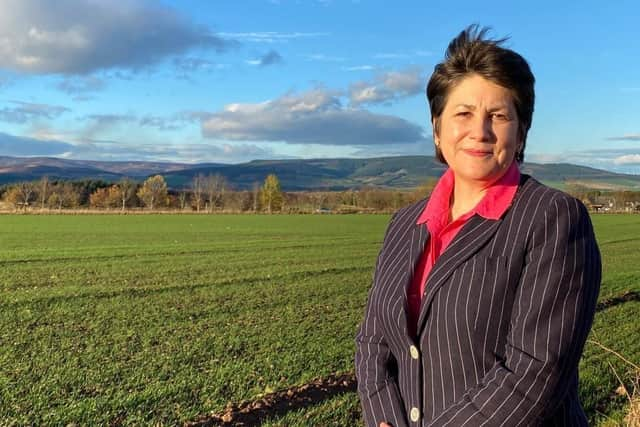GPs to be given training in rural practices across North East to address recruitment struggles
At the Scottish Parliament’s Health Committee, North East MSP Tess White voiced fears about the “proliferation” of GP practices which have returned contracts to NHS Grampian, prompting concerns over patient care and lost value for money.
Ms White referenced areas such as Braemar which will hand back its contract to the health board on December 5 after a replacement couldn’t be found for Dr Donald Cruickshank, who is retiring after 29 years as the village’s sole full-time GP.
Advertisement
Hide AdAdvertisement
Hide AdThe Scottish Conservative shadow public health minister told NHS and government officials at the committee that the number of rural GP practices in Scotland has declined by 7% in the last 10 years from 188 to 175 in rural areas.


In response to her question, NHS Education Scotland said it was setting up community training hubs in rural areas across the North East which were struggling to recruit GPs.
It’s hoped by training GPs in a rural environment rather than a hospital, it will entice them to live and work in the area permanently.
Tess White MSP asked: “What's the Scottish Government doing to address the GP recruitment crisis in remote and rural areas of Scotland?”
In response, Pam Nicoll, associate director of medicine at NHS Education for Scotland, said: “We are now working hard across Scotland to develop a package of support, education, training programmes, guidance and protocols that will allow remote and rural practices to become what are termed community training hubs.
“This will both attract more GPs and doctors in training to come through rural practices without increasing the burden on existing staffing.
“We intend to do that across the rural practice multidisciplinary team so that will include pharmacists, nursing staff and advanced practitioners. We’ve specifically chosen practices to be involved in that, and they're geographically spread across Scotland.”